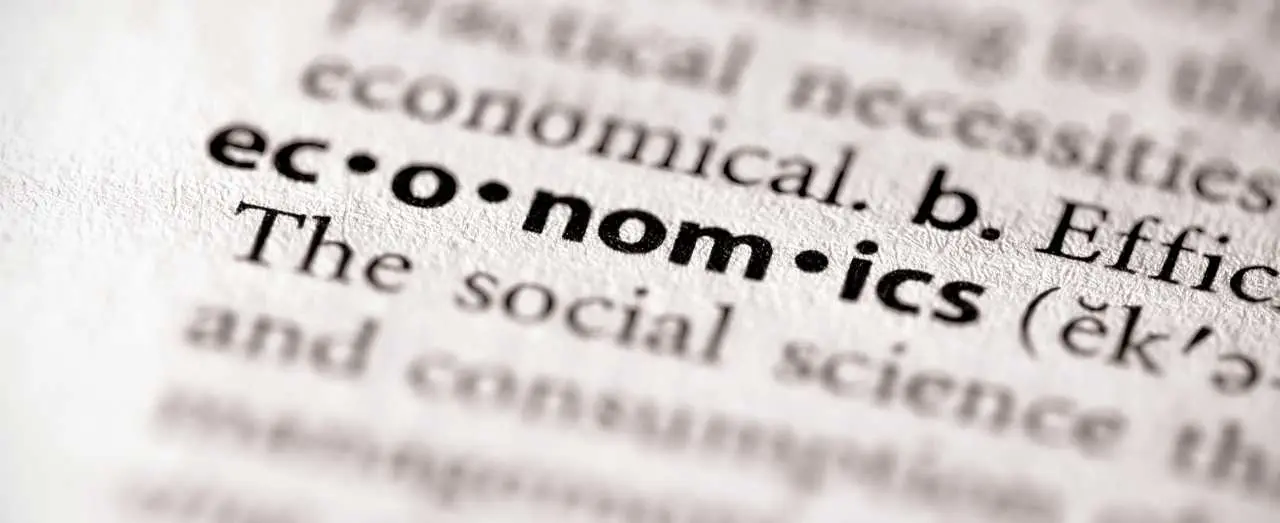With a heavy emphasis on exports—particularly in machinery, automobiles, and chemicals, Germany is the third-largest exporter in the world and accounts for the largest economy in Europe and the fourth-largest globally by nominal GDP. Industry accounts for roughly 30% of its GDP, and its Mittelstand (small and medium-sized enterprises) is the driving force behind its economic strength and innovation.
Providing a solid base in quantitative methods, economic theory, and policy analysis, a Masters in Economics Germany generally takes 2 years (4 semesters) to complete. A number of programs are instructed in English and are offered at public universities with little or no tuition fees.
Why Study an MSc Economics Germany?
Students should consider pursuing an MS in Economics Germany for the reasons mentioned below:
- Top-Tier Education: Prestigious Economics courses with solid academic foundations are offered at universities in Germany.
- Budget-Friendly Tuition: Overseas students are offered little or tuition-free education at a number of public universities.
- Robust Labor Market: Outstanding employment prospects following graduation are offered by the dynamic economy in Germany.
- Global Setting: Its varied student communities and English-taught programs make it accessible to people around the world.
- Emphasis on Research and Innovation: Strong focus on analytical abilities and research in economic policy and international markets.
Best universities for MS in Economics in Germany
Listed below are the top universities in Germany for Economics that offer MS programs:
- University of Mannheim
- Ludwig Maximilian University of Munich
- University of Bonn
- Humboldt University of Berlin
- University of Frankfurt
- University of Cologne
- University of Freiburg
- University of Tübingen
- Technical University of Munich
- University of Heidelberg
Top MS in Economics Programs in Germany
The leading Economics Master's Germany programs are as under:
- Sc. in Economics: LMU Munich
- Sc. in Economics (Economic and Business Administration): University of Stuttgart
- Sc. in Public Economics: Free University of Berlin
- Sc. in Economics and Management Science: Humboldt University of Berlin
- Sc. in Economics: University of Leipzig
- Sc. in Economics: University of Heidelberg
- Sc. in International Economics and Economic Policy: Goethe University Frankfurt
- Sc. in Economics: University of Mannheim
- Sc. in Development Economics / M.Sc. in International Economics: University of Göttingen
- Sc. in Economics: University of Freiburg
Cost of studying MS in Economics in Germany
Based on the university and the particular program, the cost of pursuing an MS in Economics Germany can differ. International students are typically charged low or no tuition fees at public universities in Germany, thereby making the educational cost very economical in comparison to other nations. Nevertheless, a semester contribution fee which typically ranges from €250-€350 per semester and entails administrative expenses, student services, and public transit, needs to be paid by students.
Besides the semester fee, students should set aside money for living expenses, which based on the city, generally costs between €800-€1,200 per month. Living expenses are generally higher in major cities such as Munich and Frankfurt. Thus, the overall cost of pursuing a Masters in Economics Germany, including living expenses, can range from €10,000-€15,000 per year.
Scholarships for MSc Economics Germany
The different scholarships offered to study Master's in Economics in Germany are:
- Erasmus Mundus Joint Master Degrees
- World Bank Scholarships Program
- DAAD Scholarships
- Frankfurt School Master's Scholarships
- Jacobs University Scholarships
- Konrad-Adenauer-Stiftung (KAS) Scholarships
- RWTH International Academy Women in Engineering Scholarship
- Alexander von Humboldt Foundation Fellowships
- Heinrich Böll Foundation Scholarships
- Friedrich Ebert Foundation Scholarships
- KAAD Scholarships
- UDE Scholarship
- Studienstiftung des deutschen Volkes Scholarships
- Development-Related Postgraduate Courses (EPOS) Scholarship
- RWTH Aachen University Exchange Scholarships
- Deutschlandstipendium
MSc Economics Germany Admission Requirements
The typical eligibility for MS in Economics in Germany are:
- The student needs to hold a completed Bachelor’s degree (typically in economics, mathematics, or associated fields).
- He/she needs to submit official transcripts from all educational institutions previously attended.
- He/she needs to have an excellent academic performance (often a minimum of 2.5 or higher on the German grading scale, or its comparable).
- GMAT or GRE test scores, particularly for competitive programs, may be required by certain universities.
- For English-taught programs, the student needs to prove his/her fluency in the language by appearing for English language proficiency tests like the IELTS or TOEFL.
- For German-taught programs, he/she needs to prove his/her fluency in German by appearing for German language proficiency tests like the TestDaF, or DSH.
- A research proposal or pertinent experience (internships, etc.) may be demanded by certain universities.
- The student needs to submit a motivation letter outlining his/her reasons for wanting to pursue the program.
- Typically, 2 recommendation letters from instructors or employers.
- Up-to-date and thorough resume outlining educational and professional experience.
- The student needs to pay the application processing fee (if necessary).
Job Prospects After MS in Economics in Germany
The different post Economics Master's Germany job prospects are as under:
- Economic Consultant
- Business Development Manager
- Tax Consultant
- Market Research Analyst
- Policy Advisor
- Econometrics Specialist
- University Professor/Academia
- Risk Manager
- International Trade Specialist
- Development Economist
- Economic Analyst
- Investment Banker
- Financial Planner
- Researcher (Government/Private Sector)
- Business Intelligence Analyst
- Public Sector Economist
- Insurance Analyst
- Data Analyst
- Corporate Strategy Analyst
- Financial Analyst

FAQs
What are the application deadlines for a Masters in Economics Germany?
The application deadlines for an MS in Economics Germany generally falls within April and May for the winter semester that commences in mid-October, while certain programs may also have deadlines for the summer semester that commences in April.
Can international students work while studying an MS in Economics Germany?
Yes, while pursuing an Economics Master's Germany, overseas students are permitted to work for a maximum of 120 full days or 240 half days annually.
To study a Masters in Economics Germany, is knowledge of German required?
To study an MSc Economics Germany, understanding German is not always necessary, since a number of programs are taught in English, nevertheless knowing German might prove beneficial for daily living and internships.
Post completing an MS in Economics Germany, can international students stay back?
Yes, post completing an Economics Master's Germany, international students can apply for a "Job Seeker Visa" which enables them to stay back in the country for a maximum of 18 months to look for a job related to their degree.
For further assistance or queries students can contact us, Edwise International, and avail our wide range of services for students on destinations like Universities in Australia, study in Australia, study in UK, study in USA, study in Canada, study in Ireland, study in New-Zealand, study in Singapore, study in France, study in Germany and many other countries.






